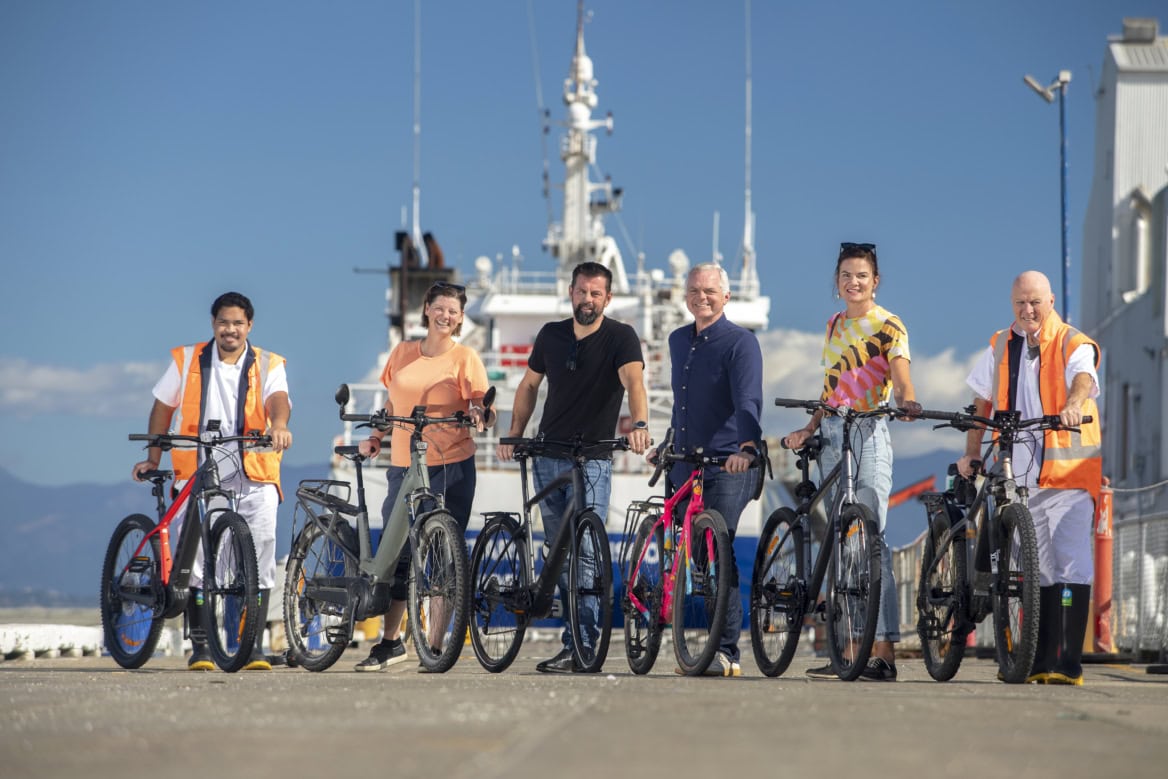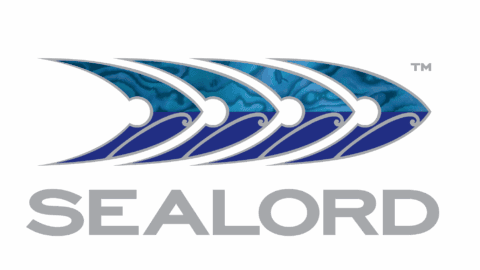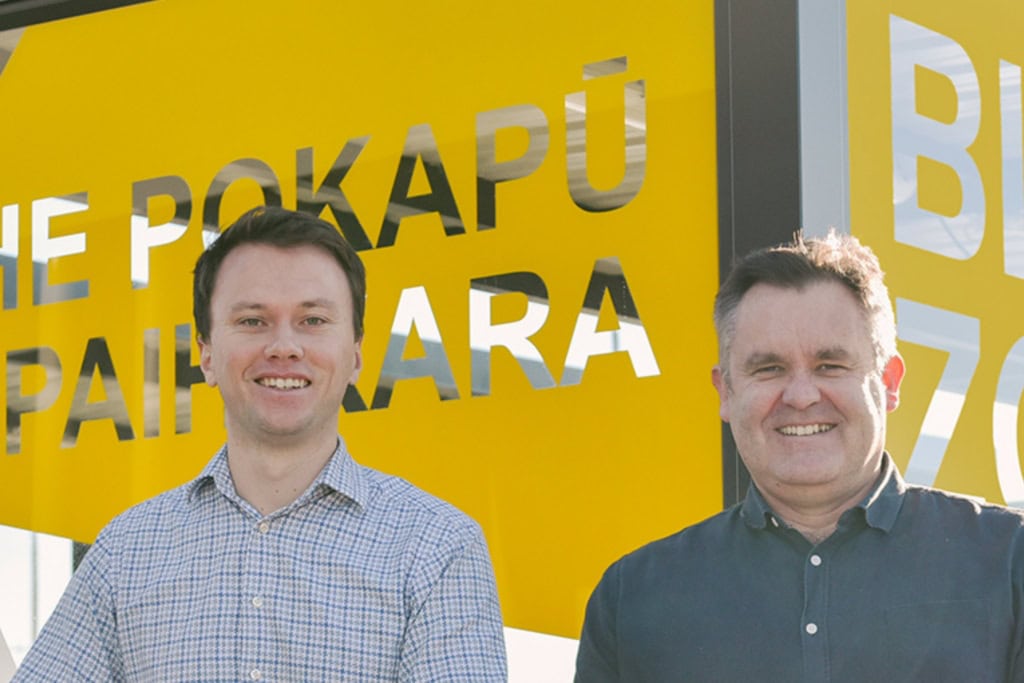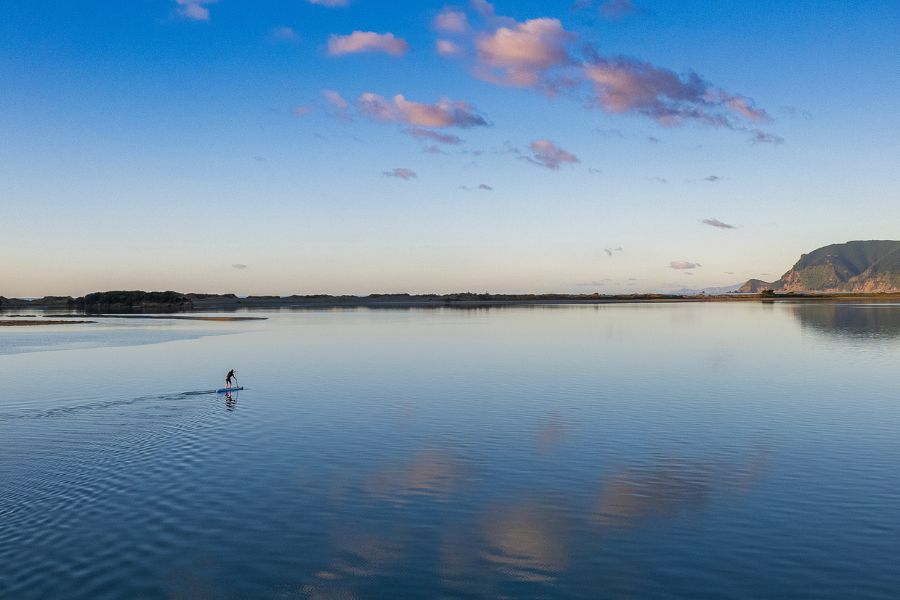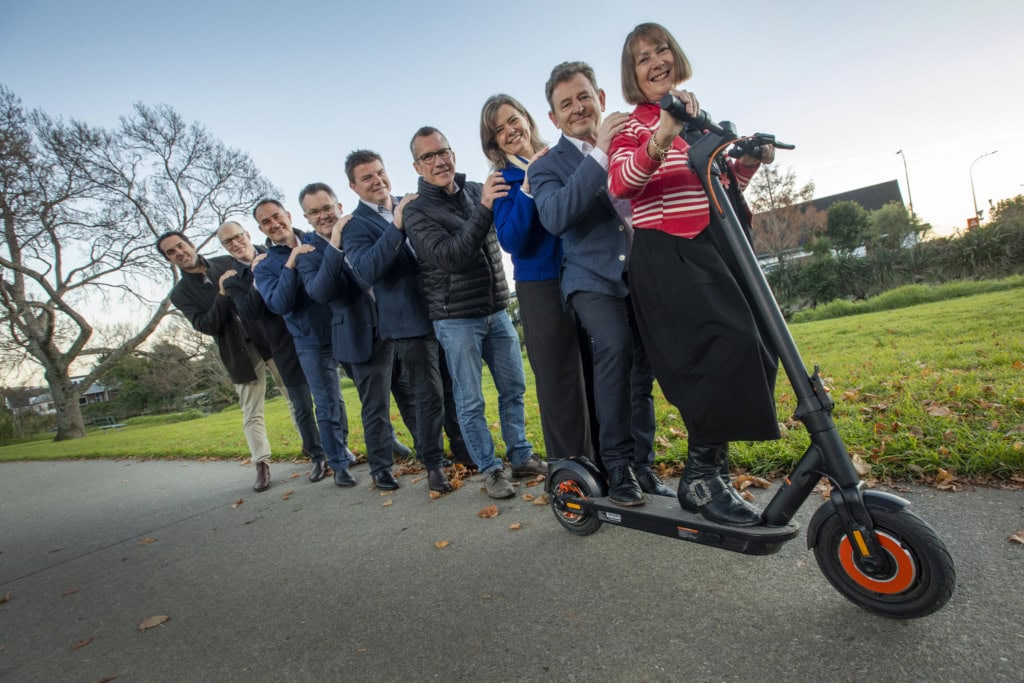Sealord – one of Aoteroa New Zealand’s leading seafood brands, based in Nelson – are acutely aware of the impacts of climate change on fisheries health and consequently on our business. They know they must play their part. Since 2019 they have managed to reduce their emissions by 25%.
While this required strong commitment from the whole team, these were easy wins compared to what lies ahead. They now have to look beyond their own operations and towards the wider value chain – Scope 3 emissions. Employee commuting is one of those Scope 3 emissions which offer some synergies with other things they value.
Transport constitutes over 60% of the region’s emissions and commuting is a big part of it. At the same time supporting safe active commuting is one way they can help their employees to be healthier and save money.
Sealord was one of the first businesses to join Mission Zero’s Low-carbon Commute Initiative, and has been instrumental in helping to introduce a regular CEO Forum to Mission Zero’s programme, which came out as a result of the Commute Initiative.
We interviewed Sealord’s Public Affairs & Communications Manager Annabel Scaife, to ask her more about why they wanted to drive change in employee commuting and how they are taking action on this.

Why did you join the programme?
“Commuting was a clear next focus. Sealord’s office is based near Nelson’s port and central areas, meaning walking, biking, or public transport could actually work. The Low-Carbon Commute Initiative offered structure and support to make it happen. It spoke directly to employee wellbeing – fresh air and cycling being beneficial for physical and mental health.”
What did you learn?
“Habits are stubborn. Giving employees options is the easy part but awareness and habits take time to shift. That’s why the CEO breakfast initiative for CEO’s has been so important. It’s key for senior leadership teams and CEOs to walk the talk. If we’re promoting active transport, employees want to see them shift their behaviour too.”
What actions are you taking as a result of the Low-carbon Commute Initiative?
“Sealord plans to implement a Bike-To-Work breakfast to get more people cycling and bring together different teams from across the organisation later this year. We’ll also be trialling a Bus-To-Work month, subsidising Bee cards and providing clear communications on routes and bus times available.
“Another area of focus is on raising awareness of available “low-carbon commute friendly” infrastructure. Highlighting bike parking, showers and locker access in future communications – to make sure that staff know what is available for them to use – is on the agenda.
“Sealord has also introduced WorkRide, with 20 plus employees signed up so far. We hope this number will grow as the warmer months approach. Sealord has also joined The Wheel Deal, which offers access to e-scooters, giving staff even more low-carbon transport options.
“Since sharing our commitment to the initiative, people from across the organisation have been eager to get involved. I’d anticipate having multiple staff members helping to coordinate activities as a key enable for change — especially in a workplace where many are time poor.”
What would we say to other businesses wanting to get involved?
“If you’re considering joining: be curious, reach out, ask questions, explore what’s already set up.
“Encouraging low-carbon commuting is a great opportunity to raise awareness and gain buy-in for wider sustainable practices within your organisation, as well as work with other businesses in the region who are also trying to reduce their emissions.”
Picture by Tim Cuff – 28 March 2025 – Sealord cycling group, Nelson, New Zealand
